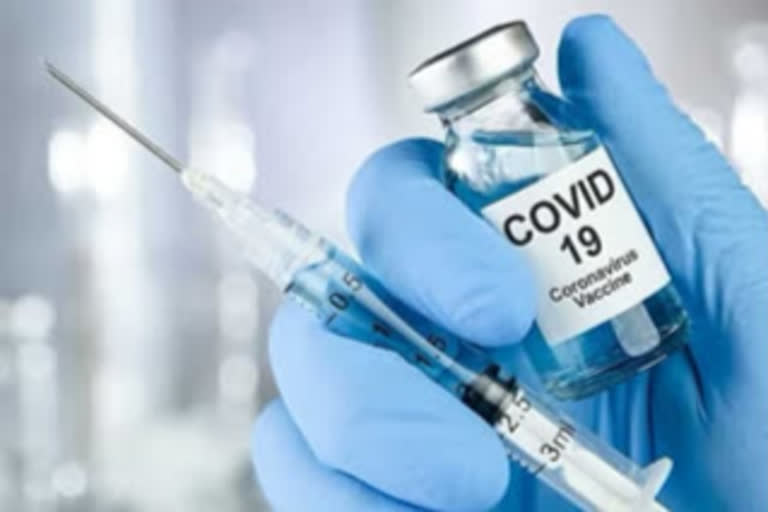New Delhi: New Delhi:The current vaccines available in India are effective against the COVID-19 Delta variant as per the studies done by the Indian Council of Medical Research (ICMR), says Dr N K Arora, co-chair, Indian SARS-CoV-2 Genomics Consortium (INSACOG).
The COVID-19 Delta variant is around 40-60 per cent more transmissible than Alpha Variant, revealed Dr NK Arora added. "B.1.617.2, a variant of COVID-19 is known as the Delta variant. It was first identified in October 2020 in India, and was primarily responsible for the second wave in the country, today accounting for over 80 per cent of new COVID-19 cases. It is around 40-60 percent more transmissible than its predecessor (Alpha variant) and has already spread to more than 80 countries, including the UK, the USA, Singapore, and so on," said Dr Arora.
Responding to a question on effectiveness of vaccine against the Delta variant, Dr Arora said, "Yes, the current vaccines are effective against Delta Variant as per the studies undertaken by ICMR on the issue."
The INSACOG co-chairman also said the Delta variant emerged in Maharashtra and travelled northwards along with the western states of the country before entering the central and the eastern states.
Talking about the mutation associated with the Delta variant he said, "It has mutations in its spike protein, which helps it bind to the ACE2 receptors present on the surface of the cells more firmly, making it more transmissible and capable of evading the body's immunity."
Expressing his views on the severity of the Delta variant Dr Arora said it replicates faster and leads to a strong inflammatory response in organs like the lungs.
"There are studies that show that there are some mutations in this variant that promote syncytium formation. Besides, on invading a human cell, it replicates faster. It leads to a strong inflammatory response in organs like the lungs. However, it is difficult to say that disease due to delta variant is more severe. The age profile and the deaths during the second wave in India were quite similar to that seen during the first wave," he added.
He further informed that the Delta Plus variant--AY.1 and AY.2--has so far been detected in 55-60 cases across 11 states, including Maharashtra, Tamil Nadu, and Madhya Pradesh.
Read:Disastrous to administer COVID-19 vaccines without trials, especially on kids: HC
